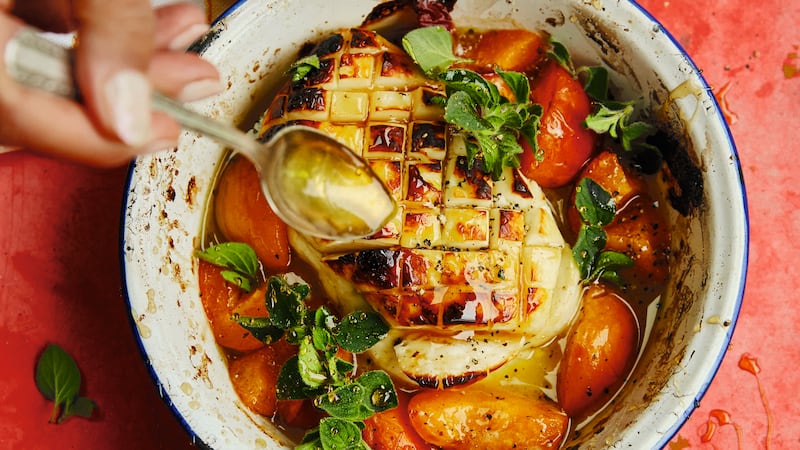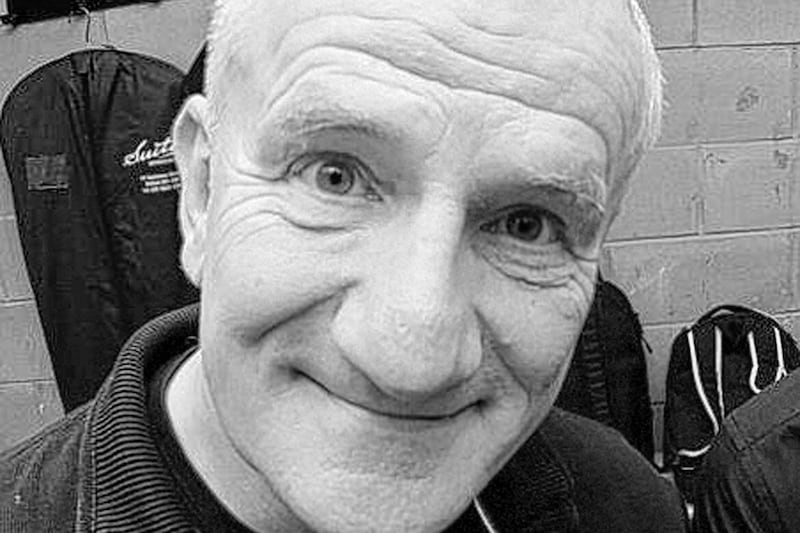I WAS very impressed by my fellow columnist, Lynette Fay, who last weekend tackled the important – and yet largely taboo – topic of menstruation and how our society fails to deal with it.
Lynette rightly lambasted a society which fails to provide sanitary products free of charge where needed. I was shocked to learn that 137,000 girls in the UK miss school every year because of lack of access to sanitary products. This, in the 21st century in a developed nation, indicates how much work still needs done.
If men had periods, you can be damn sure period poverty wouldn’t exist. Sanitary products would not only be free but readily available everywhere – including in every pub in the land. Along with fully paid statutory leave during our ‘time of the month’, special pain clinics would be set up to dispense all manner of help. The shortfall in work entailed would, of course, fall on women, who we’d berate with endless stories of the torment we were going through – no suffering in silence for us.
Men being men, our periods would become an opportunity for boasting and bravado. In every bar you’d hear the inevitable one-upmanship of men talking about their period. “What do you mean, you’d a bad period! What would you know about it? Sure didn’t I need NI Blood Transfusion Service last month to put out a special call for me, I needed 30 transfusions just to survive."
Then some other idiot would take up the cudgel, claiming his cramps were so bad he’d had to be put under a general anaesthetic for six days. The 0.1 per cent of the male population who endured their period without pain relief would be viewed with awe and wonder, and get paid large sums of money to lecture special forces around the world on bravery and stoicism.
While I’m being light-hearted, the reality of period poverty isn’t funny. The fact that women in hospitals in England only started being offered free sanitary products this year, while free condoms have been available on the NHS for some time, is a stark reminder that gender imbalance is alive and well.
Social media is another example of how far we have to go; online, crude and blatant misogyny is an everyday event. During the week, I made a comment on social media about Belfast City Councillor Ruth Patterson’s six-month suspension after she was found to have breached the Local Government Code of Conduct. I’m no fan of Councillor Patterson, but I was shocked by the misogynistic vitriol that followed, most of which concentrated on her appearance. I immediately took down my original post and blocked a number of followers.
But before I come across as a ‘new man’, let me admit that I too have been guilty of such thinking in the past; maybe not as crude, but misogynist all the same. I’m the nice guy who used to pay compliments such as, ‘That’s good – for a woman’. I remember the first weekend my wife and I went to London, watching in amazement as she plotted a course for us on the London Underground. She said I looked like I’d just seen a dog play a piano.
I’m not the sort of man who’s intimidated by women who are more intelligent or successful. Just as well, as my wife has a PhD and worked as a University lecturer. Rather, I am a product of a very different era – and not a good one, at that.
As a child growing up in the 1960s I never remember my father cleaning or cooking. There was a clear divide in what was expected of the sexes. My father worked and brought in the money, and my mother stayed at home and kept house. Today, where usually both parents work, such a system is neither fair nor feasible, though I suspect it remains the norm in many households.
In our house we share the duties based on talent. I can’t cook, but my wife can, so she cooks. My wife hates cleaning while I have a touch of OCD so I do all the hoovering and dusting.
The benefits of this are not solely for our relationship but also for our children – my son will grow up accepting that dads help out in the home. I often hear fathers say they’re bringing up their daughters to feel as good as any man – I’m bringing mine up with the knowledge she’s better than any man. She’ll need to feel that to have any chance in what remains a man's world.









